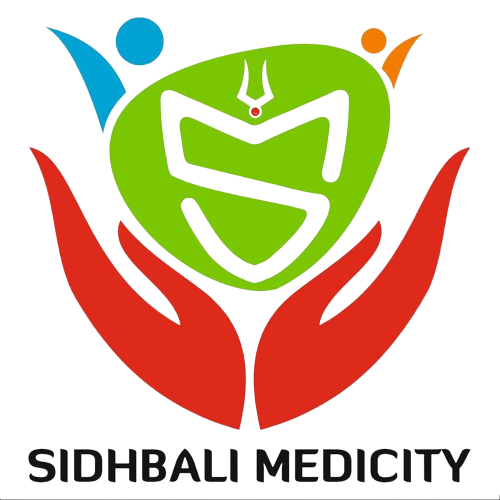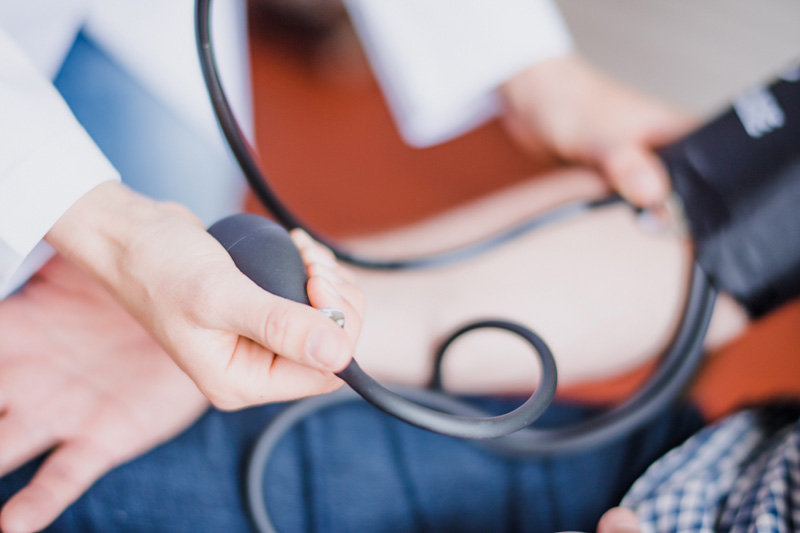Cardiology
Overview
Cardiology is a speciality of medicine that deals with diseases of the heart. The doctors who specialise in this field are known as cardiologists. They are trained in diagnosing and treating conditions of the heart such as congenital heart diseases, infections, infarctions, heart failure, or valvular heart diseases.
There is a multitude of disorders of the cardiovascular system that need individual attention and clinical expertise to be treated. These include acute coronary syndrome, atherosclerosis, angina pectoris, coronary heart disease, and restenosis.
Other common disorders include cardiac arrest; disorders of the myocardium, or the muscle of the heart, known as cardiomyopathy, disorders of the pericardium, or the outer lining of the heart, which include types of pericarditis diseases of the valves such as aortic, mitral, pulmonary and tricuspid valves; congenital heart defects, like an atrial or ventricular septal defect, certain diseases of the blood vessels, known as vascular diseases, such as deep vein thrombosis, varicose veins, aneurysm, vasculitis, and others.
Cardiologists not only limit themselves to surgical treatment modalities but also have expertise in using several devices such as balloons and defibrillators, a pacemaker, and a stethoscope used for diagnosing and treating numerous heart ailments.Cardiologists use some strategies to combat cardiovascular diseases, such as percutaneous coronary intervention, percutaneous transluminal angioplasty, coronary artery bypass surgery, and stenting. Cardiologists also use different diagnostic methods such as computed tomography (CT scans), cardiac stress tests, echocardiography or electrocardiography, blood tests, and magnetic resonance imaging (MRI) techniques.
Types of cardiology
The different types of cardiology categories can be described as follows:
- Cardiac Electrophysiology
- Interventional cardiology
- Echocardiography
- Nuclear Cardiology
On the other hand, cardiologists can specialise in the following fields:
- Clinical cardiology
- Cardio-oncology
- Heart failure specialist
- Cardiac imaging specialist
- Congenital heart specialist
- Peripheral interventional specialist
- Critical care cardiologist
- Sports cardiologist
- Geriatric cardiologist
- Cardio-rheumatologist
- Electrophysiologist
- Preventive cardiologist
- Cardiac rehabilitation specialist
Cardiology Symptoms
The following symptoms indicate heart disorders and the need to see a cardiologist immediately.
- shortness of breath
- chest pains
- dizziness
- high blood pressure
- changes in heart rate or rhythm
- pain in the left hand, jaw, or neck indicates a heart attack.

